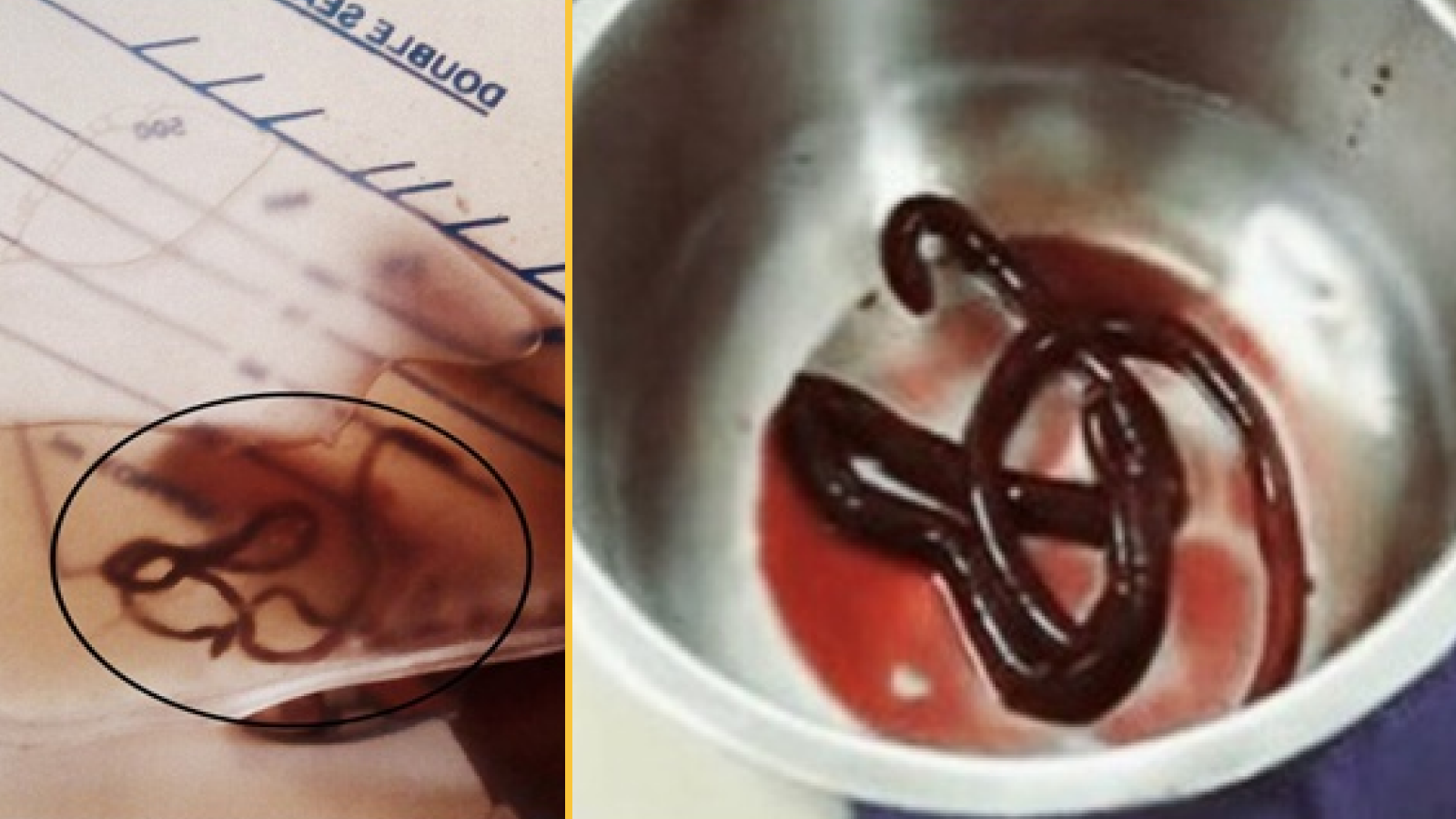From Depressed Moms, Babies' Cries Draw Less of a Response
Brain scans of mothers suffering from depression reveal they respond differently than healthy moms to their crying babies, a new study finds.
The brain activity patterns of depressed moms were muted compared with the robust activity seen in the brains of nondepressed moms, the researchers said.
The study found that when responding to the sound of their own babies' cries, the brains of nondepressed mothers showed activity in several brain regions including the brain's lateral paralimbic areas, striatum, thalamus and midbrain whereas depressed mothers did not show such responses.
The brains of nondepressed mothers also showed activation in several areas closely associated with processing of reward and motivation, the researchers said.
This shows the response of healthy moms "was consistent with wanting to approach their infants," study researcher Heidemarie Laurent, an assistant professor at the University of Wyoming, said in a statement. "Depressed mothers were really lacking in that response."
The study provides the first look at brain activity of depressed women responding to recordings of crying infants, the researchers said. Researchers examined the brain activity of 22 women using functional magnetic resonance imaging (fMRI). All were first-time mothers whose babies were 18 months old.
Mothers who reported being more depressed at the time of their fMRI sessions also displayed diminished brain activity particularly in a region called anterior cingulate cortex when hearing their own baby's cries, the study showed.
Sign up for the Live Science daily newsletter now
Get the world’s most fascinating discoveries delivered straight to your inbox.
This brain region, Laurent said, is associated with the ability to evaluate information, plan and regulate a response to emotional cues.
How a mother responds to her infant's cries can affect a child's development, said study researcher Jennifer C. Ablow, professor of psychology at University of Oregon.
"Some mothers are unable to respond optimally to their infants' emotional cues," Ablow said. A mother's emotional response requires the coordination of multiple brain systems, she said, and moms who are able to process and act on their infants' cries have more sensitive interactions with their infants, which allow the infants to develop their own emotional regulation capacities.
The findings suggest new implications for treating depression symptoms in mothers , Laurent said.
"Some of these prefrontal problems may be changed more easily by addressing current symptoms, but there may be deeper, longer-lasting deficits at the motivational levels of the brain that will take more time to overcome," she said.
The researchers said they next plan to follow women during their pregnancy and through their first year of motherhood to get a fuller picture of how these brain responses shape mother-infant relationships during a critical period of their babies' development.
The study is published online in the journal Social Cognitive and Affective Neuroscience.
Follow MyHealthNewsDaily on Twitter @MyHealth_MHND.











